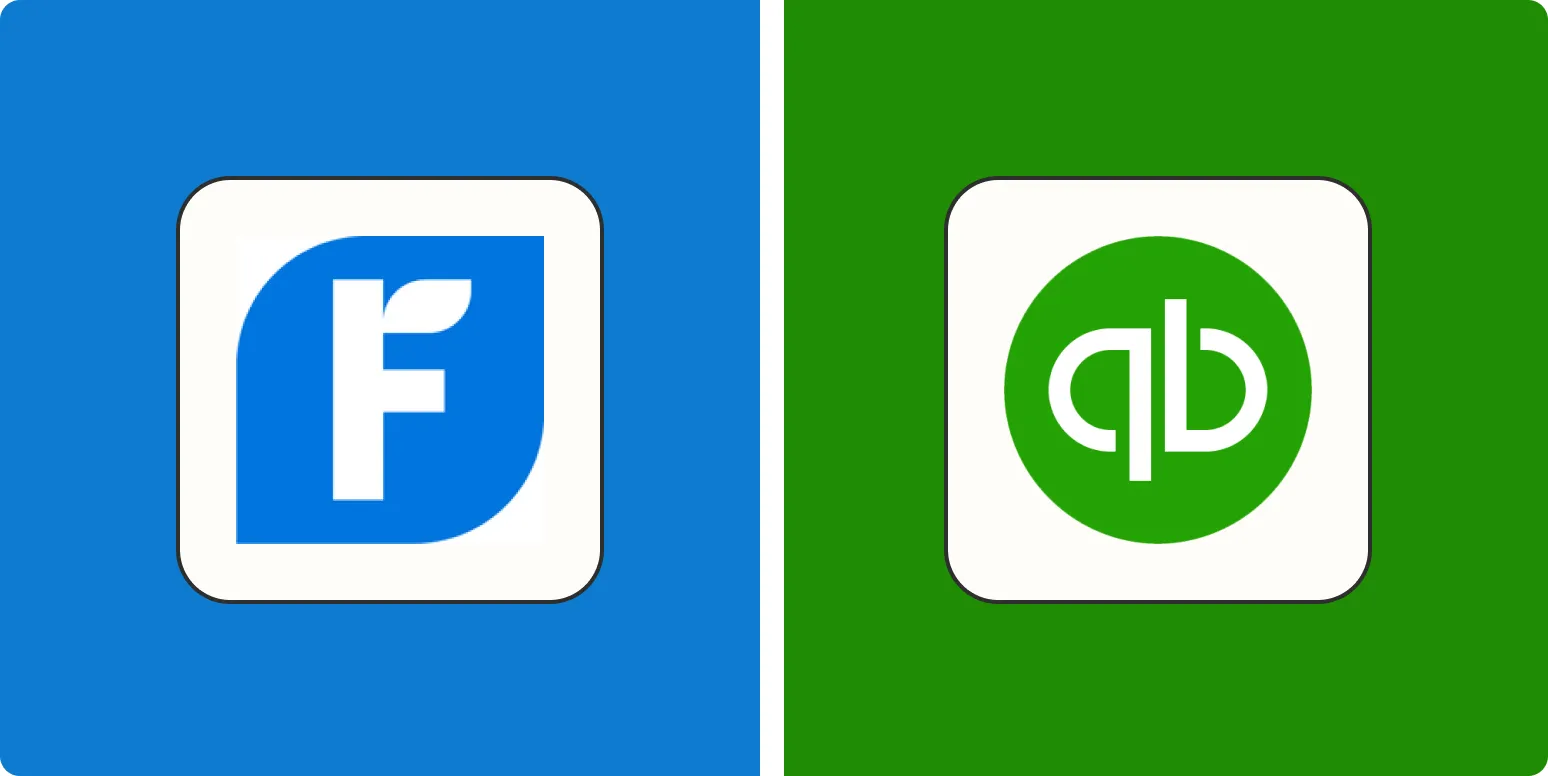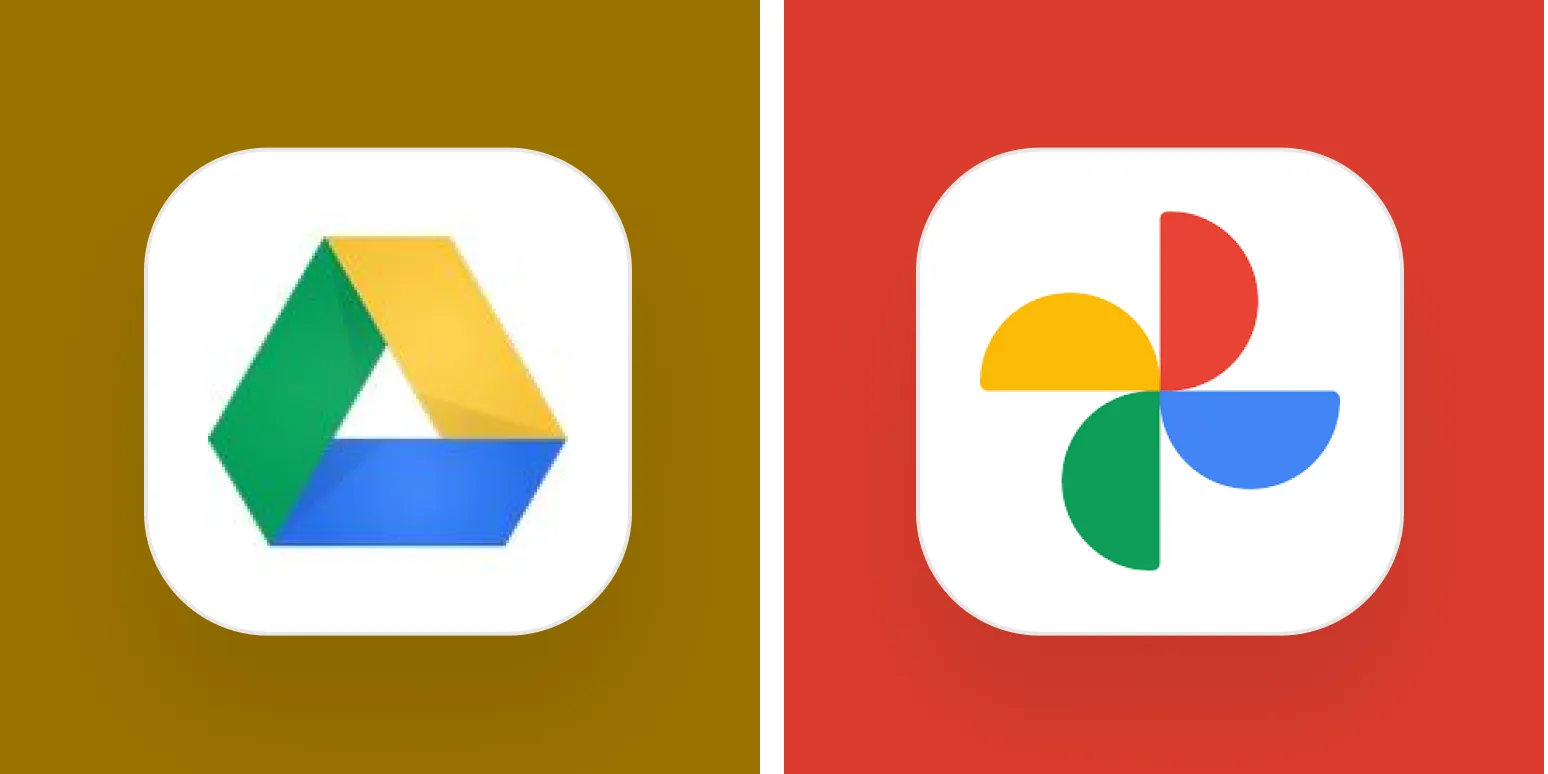When it comes to accounting software, two names often come up: FreshBooks and QuickBooks. Both platforms are designed to help small to medium-sized businesses manage their finances efficiently. In this article, we will compare FreshBooks and QuickBooks in various aspects, helping you decide which option might be the best fit for your business in 2025.
Overview of FreshBooks
FreshBooks is known for its user-friendly interface and is particularly favored by freelancers and service-based businesses. It offers features such as time tracking, invoicing, and expense management, making it a great choice for professionals who need to bill clients effectively.
Overview of QuickBooks
QuickBooks, on the other hand, is a more comprehensive accounting solution suitable for businesses of all sizes. It provides robust features including inventory management, payroll processing, and detailed reporting capabilities. This makes QuickBooks ideal for businesses that require more complex financial management.
Feature Comparison
| Feature | FreshBooks | QuickBooks |
|---|---|---|
| Invoicing | Customizable invoices with automated reminders | Advanced invoicing with payment tracking |
| Expense Tracking | Simple expense tracking with photo uploads | Comprehensive expense management with categorization |
| Time Tracking | Integrated time tracking for billable hours | Time tracking available but less intuitive |
| Reporting | Basic reporting features | Advanced reporting options |
| Mobile App | Highly rated mobile app for on-the-go management | Feature-rich mobile app with robust functionality |
Pricing Plans
Pricing is an important factor when choosing accounting software. Below is a comparison of the pricing plans for both FreshBooks and QuickBooks:
| Plan | FreshBooks | QuickBooks |
|---|---|---|
| Basic | $15/month (up to 5 clients) | $25/month (Simple Start) |
| Plus | $25/month (up to 50 clients) | $70/month (Essentials) |
| Premium | $50/month (unlimited clients) | $150/month (Plus) |
User Experience
User experience is crucial for adopting any software. FreshBooks is praised for its intuitive design, making it easy for users to navigate and perform necessary tasks without extensive training. In contrast, QuickBooks, while powerful, can present a steeper learning curve due to its extensive features.
Customer Support
Both FreshBooks and QuickBooks offer customer support, but they differ in their approach. FreshBooks provides 24/7 customer support through email and phone, ensuring users can get help anytime they need it. QuickBooks also offers support but with more tiered options, which may lead to longer wait times during peak hours.
Integration Capabilities
Integration with other tools is essential for businesses to streamline operations. Both FreshBooks and QuickBooks offer a range of integrations:
- FreshBooks: Integrates with payment processors like PayPal, Stripe, and various CRM tools.
- QuickBooks: Offers integrations with a wider array of applications, including e-commerce platforms and advanced payroll systems.
Best For Different Business Needs
Choosing between FreshBooks and QuickBooks often depends on your specific business needs:
- FreshBooks is best suited for freelancers and small service-oriented businesses that prioritize simplicity and ease of use.
- QuickBooks is ideal for larger businesses requiring advanced features such as inventory management, payroll, and extensive reporting.
Final Thoughts
In conclusion, both FreshBooks and QuickBooks have their strengths and weaknesses. If you're looking for a user-friendly solution with essential features for invoicing and time tracking, FreshBooks may be the way to go. However, if you need a more robust accounting system with advanced features and greater scalability, QuickBooks is likely the better option. Assess your business needs and budget to make an informed decision that aligns with your financial management goals.





